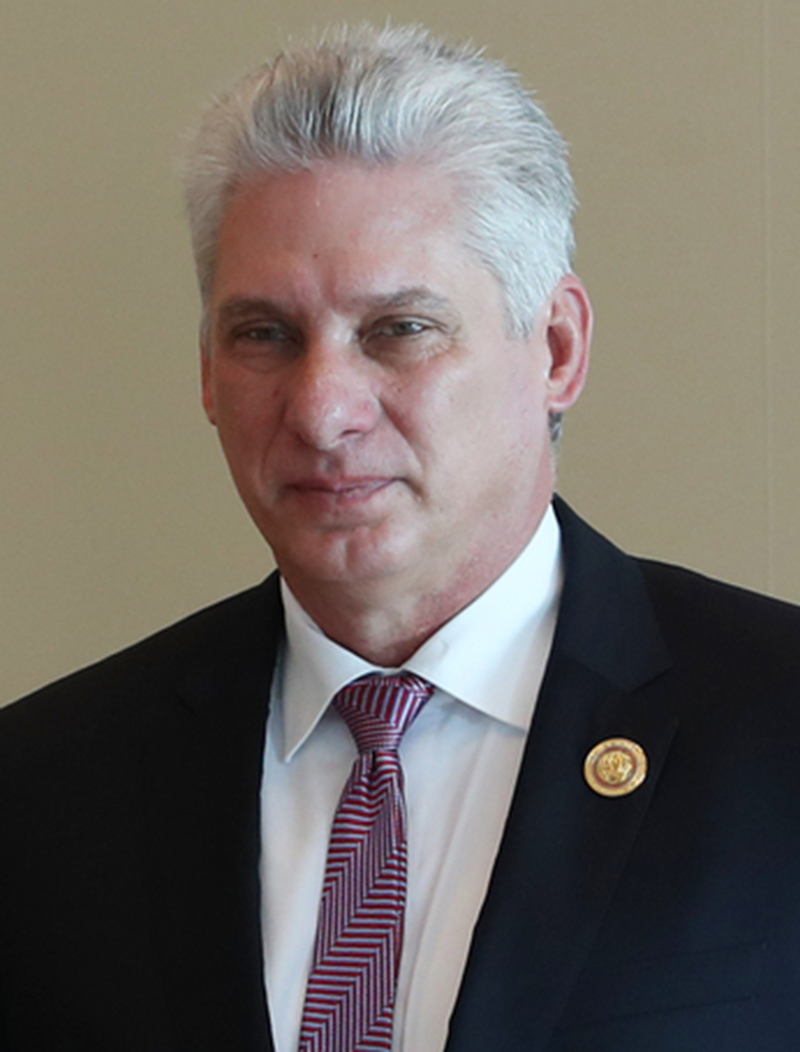For all its more than half a century of Communist rule, the disposition of entrepreneurial ‘hustle’ that characterises free enterprise economies has enjoyed an enduring attraction among many Cubans. When, some years ago, small businessmen and women from the island began arriving in Guyana to acquire consumer goods that were difficult to obtain in Cuba for re-sale back home, Guyanese, having been fed a steady diet of information about a Cuban ideological psyche that rejected consumerism, were, in many instances, taken back by the sense of ‘hustle’ that the visitors portrayed.
The Cuban Communist Party remains ‘large and in charge’ on the island but the veil of ideology has been lifted somewhat from the Cuban mindset, releasing, these days, far more generous evidence of the spirit of enterprise that preceded the revolution.
One of the recent stories of the spirit of private enterprise that has gained traction in Cuba is that of the ice cream ‘entrepreneurs’- the brothers, Henry and Yendri Garcia – old hands at selling home-made ice cream in a town called Bauta, outside the capital Havana. It appears that these days, the Garcia brothers ‘dreaming big,’ with their drift towards the expansion of their ice cream enterprise, are now a symbol of the steady spread of an entrepreneurial spirit in Cuba.
There has, it seems, been a further surge in the spirit of enterprise on the island since the August 2021 removal of a ban on private companies in place since 1968. Since then, a recent article on the national response reports that Cubans have been “scrambling for business opportunities.”
Cuba’s historic reform back in August last year would appear to have galvanised business-minded citizens, not least the Garcia brothers, the ‘ice cream guys’ from Bauta, who have reportedly shared their ambition to move their small, home-based operation to a larger facility and to increase their present workforce of twelve to perhaps thirty or more.
They are, at this time, one of a reported approximately nine hundred small and medium-sized businesses that have been incorporated since last September. The brothers are convinced, it seems, that the registration of their businesses will bring opportunities which, hitherto, did not exist.
Reports emanating from Havana suggest that what is perhaps, the unfolding of one of the biggest economic transformations on the island since the Cuban Revolution, has been the direct result of the economic pressures arising out of the COVID-19 pandemic. It would appear that the prevailing policy perspective at the level of the Communist Party is that the creation of large numbers (hundreds, even thousands) of small businesses can help the economy rebound from the devastating effects of the pandemic, to say nothing about inflation and the impact of long-standing United States economic sanctions.
The new rules under which private sector entities in Cuba can operate include being able to conduct transactions in foreign currency, secure credit and market their goods on-line. That said, Cubans wishing to join the private enterprise ‘bandwagon’ are still required to satisfy state-dictated procedures in order to engage in foreign trade while there are rules that reportedly prohibit entrepreneurs from owning more than one company and place a ceiling of 100 on the number of employees a company can have.
The types of private businesses that have already been registered include enterprises in the construction, food processing, bakery, industrial repairs, waterworks, online home delivery, and software production sectors.





